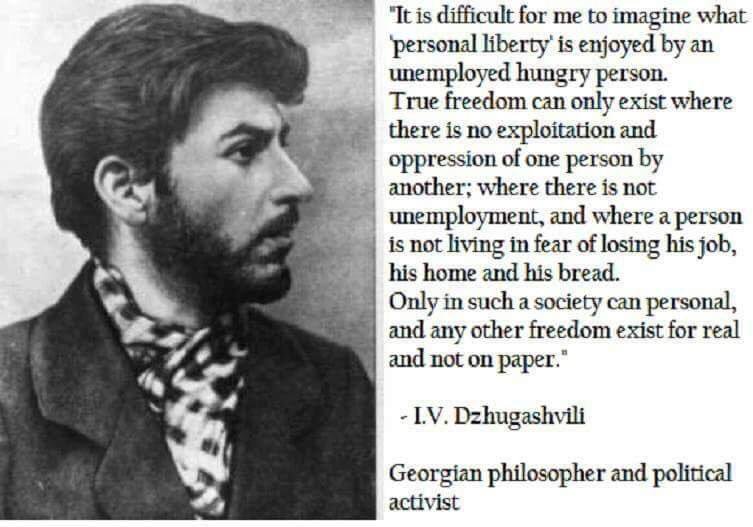EVERYTHING they don’t want you to know about income. Thread 1/22
Three times! 2/22
That’s more than double the current minimum wage. 3/22
1. We shouldn’t be rewarded or punished for things we have no control over.
2. For things we do have control over, the benefits & burdens should be fairly distributed.
More on fairness & equity: 6/22
Let’s demonstrate how this works in economic terms: 7/22
*2018 US Gross Domestic Income / # employed at the time
First, if wages were equitable, the average worker, working the average duration at an average effort, should receive the average income of roughly $130,000 per year. 12/22
If you are putting in an avg duration of work at an avg effort & sacrifice and are making less than $130,000 per year, you are being robbed of your fair share of the pie. 13/22
And if wages were truly equitable, there would no longer be the huge disparities of income we have now. 15/22
The answer is that with capitalism, wages are a function of relative bargaining power – not fairness: 16/22
I think a humane & equitable society that elevates solidarity & compassion would provide a dignified average income to those who are unable to work. 17/22
First & foremost we need to lift the economy from the bottom up. There’s no economic reason why we can’t have full employment & wage-led growth.
Minimum wage should be AT LEAST comparable to 1968 levels: ~$25/hour 18/22
We’re being *robbed* by those who take more than their fair share is the correct framework. 20/22
Its time is up. 22/22
participatoryeconomics.info



